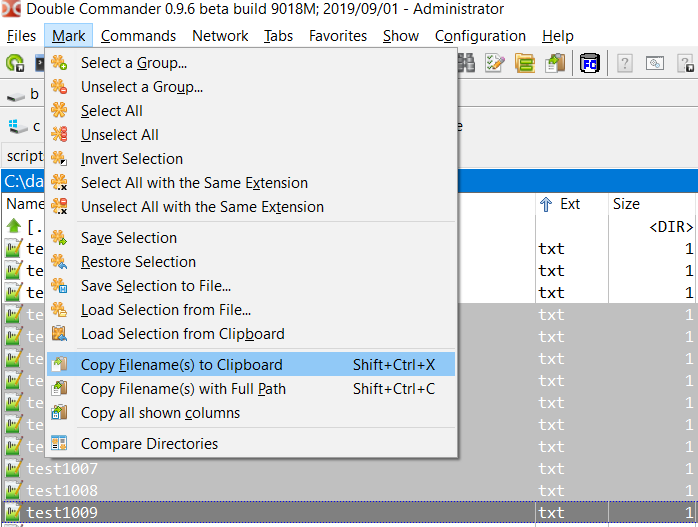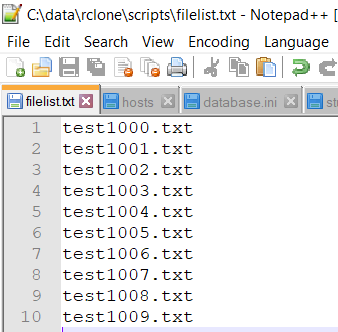Okay so here's the usage case.
I have a folder that has say 40,000 files on the cloud, and I put say 20 new files into it on my local machine. I want to then upload those files to the cloud, check --no-traverse makes this go 1000% faster.
Then sometime after that I want to run cryptcheck, and I only care, are those 20 new files a match? I don't care about the rest of the folder.
This is the command I run:
rclone cryptcheck --one-way -v --fast-list --drive-chunk-size 128M "%localpath%" "cleancrypt:%localpath%"
This command ends up taking about 100 times as long as the rclone copy I used to upload the files in the first place. Now I will say, I use --no-traverse when uploading in this case, because I know the files are newly named and totally unique (because they didn't used to exist).
So, I guess the question really is.... can --no-traverse work with --one-way on a cryptcheck? I guess not? because that wouldn't make any sense?
The funny thing though is I could just run something like I dunno...
rclone cryptcheck --one-way -v --fast-list --drive-chunk-size 128M "%localpath%\EXACTFILENAME" "cleancrypt:%localpath%\EXACTFILENAME"
twenty different times.... but that's a lot of extra work for my fingers, rather than for my computer... there should be some sort of way to make my folder wide cryptcheck into a file by file cryptcheck?

